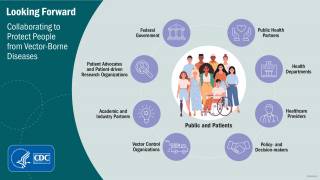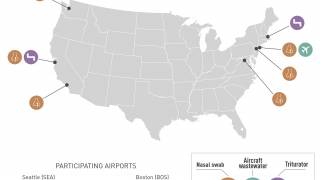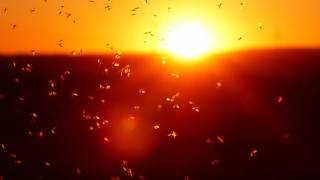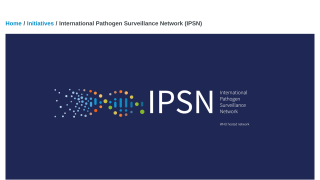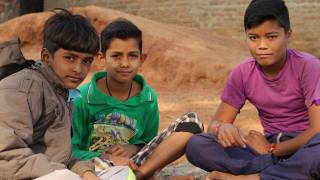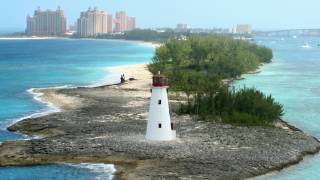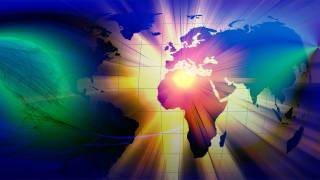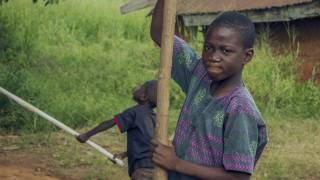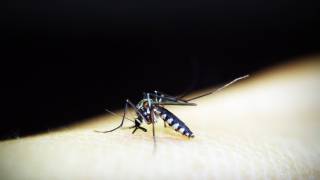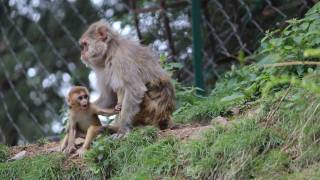Chikungunya Vaccine Candidate Reports Very Positive Phase 2 Results
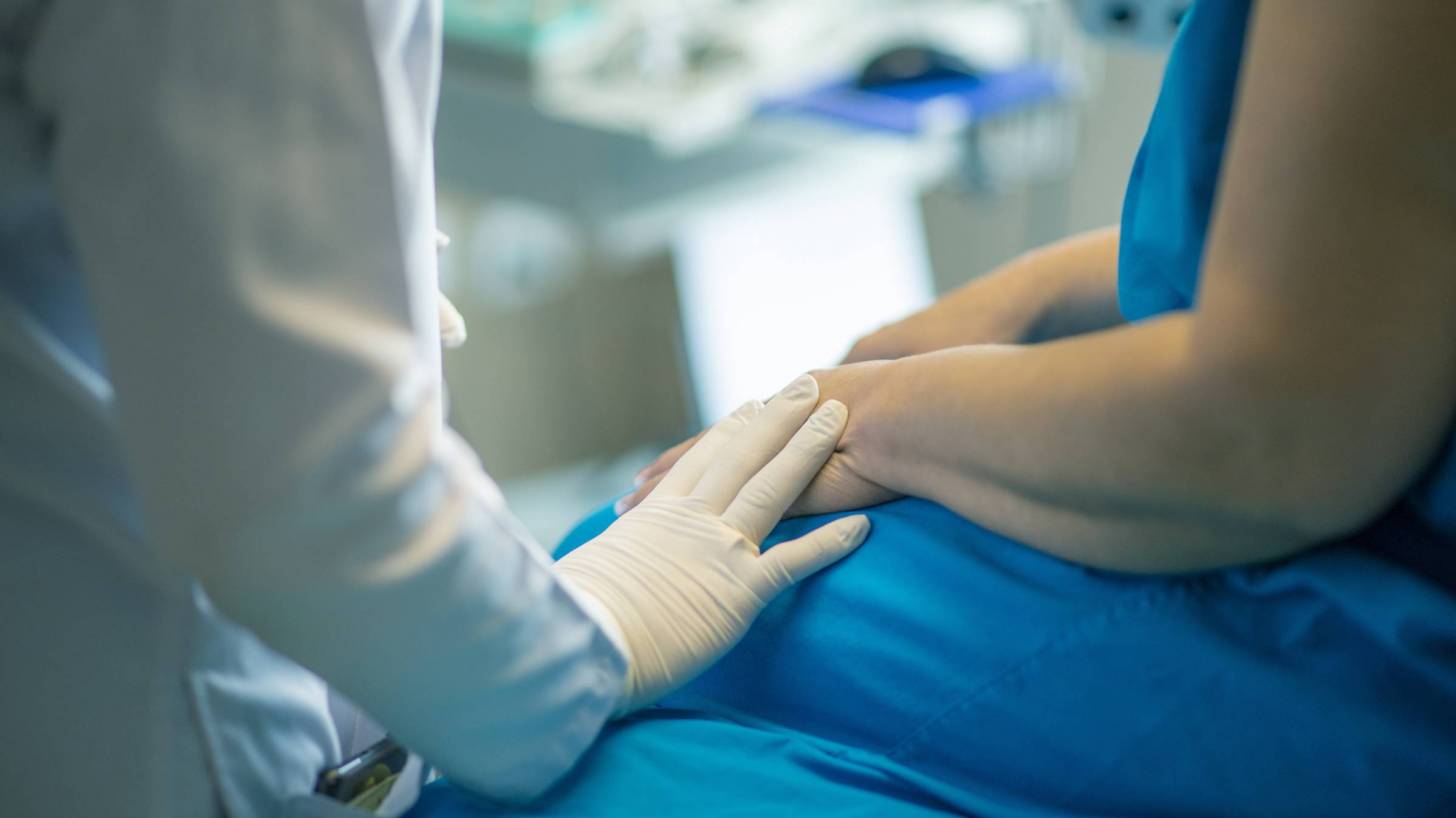
The interim analysis of a Phase 2 clinical study evaluating the safety and immunogenicity of the chikungunya virus-like particle (CHIKV-VLP) vaccine candidate showed that with a single dose administered, seroconversion occurred in 74 to 98 percent of subjects within 7 days.
And, in all subjects by 28 days after the last dose.
Further, the immune response was shown to be persistent through the 6-month visit, including in the 1-dose regimen.
This is good news, since there is no preventive vaccine or medicine to treat chikungunya virus infection today.
This Phase 2 parallel-group, randomized, double-blind, dose-finding study involved 415 healthy adults in 3 U.S. sites. Participants were given a 1- or 2-dose series, with or without an adjuvant, over a 4-week period.
Abbey Jenkins, Emergent BioSolutions, Inc., senior vice president, said in a press release, “Chikungunya virus infection represents a significant unmet medical need – having no vaccine or treatment available.”
The CHIKV-VLP chikungunya virus vaccine candidate is licensed from the National Institute of Allergy and Infectious Diseases at the National Institutes of Health. It received Fast Track designation from the U.S. Food and Drug Administration in May 2018.
Virus-like particle (VLP) vaccines are multi-protein structures that mimic the organization and conformation of naturally occurring viruses, without the viral genome, that could potentially promote a stronger immune response and increased antibody production.
Studies have shown that VLP vaccines are highly immunogenic, have a proven safety record, and typically elicit high titer neutralizing antibodies needed to protect against chikungunya virus.
Chikungunya virus is spread to people through infected mosquitoes. Symptoms include fever, joint pain, headache, muscle pain, joint swelling, or rash.
Chikungunya outbreaks have occurred in countries in Africa, Asia, Europe, and the Indian and Pacific Oceans. The Chikungunya virus was found for the first time in the Americas on islands in the Caribbean in 2013.
According to the Centers for Disease Control and Prevention, there is a risk that the chikungunya virus will be imported to new areas by infected travelers.
As of January 8, 2019, a total of 90 chikungunya virus disease cases with illness onset in 2018 have been reported to ArboNET from 23 U.S. states.
The state of California reported the most cases (21) during 2018.
All reported chikungunya cases occurred in travelers returning from affected areas. No locally-transmitted cases have been reported from U.S. states, says the CDC.
Additional information about the company may be found at Emergent.
Our Trust Standards: Medical Advisory Committee


